50 Soft Skills That Will Help Your Military Child Thrive!

Having good soft skills can help anyone achieve great things in life. Soft skills are linked to better educational outcomes, greater success in life, and better relationships. Working on soft skills can really help your military child thrive and succeed in any environment and situation. (And as parents of military kids we know that our child’s environment will frequently change!) Soft skills can will help military kids stay connected, be resilient, and develop positive relationships throughout their life.
Check out this huge list of essential soft skills for kids! Which of these do you feel like are easy to master?
50 soft skills that our military kids should develop
1. Recognizing and respecting the thoughts and feelings of others.
2. Praising others genuinely and understanding the importance of appreciating something about someone.
3. Celebrating small successes.
4. Helping others whenever necessary.
5. Cooperating with others to achieve a common goal.
6. Respecting other people’s personal space.
7. Making good eye contact while communicating.
8. A proper way to introduce themselves.
9. Ability to accept praise gracefully.
10. Interpreting body language.
11. Identifying emotions – nonverbal signs that communicate what others are feeling.
12. Following rules – Make sure to teach them which are inflexible and which ones can be changed.
13. Being a “good sport”.
14. Accepting differences.
15. Talking about and expressing their feelings openly.
16. Self-control – Importance of remaining calm under stress and controlling impulsive behavior.
17. Dealing with anger towards others, and dealing with another person’s anger.
18. Handling change.
19. Using appropriate voice tone and volume during a conversation.
20. Caring about others as well as themselves.
21. Being kind to others and to themselves.
22. Receiving and giving advice.
23. Learning to forgive and move on.
24. Being a true friend.
25. Appropriate way to borrow something, and how to take care of it.
26. Importance of sharing and how it can help them to make new friends and forge stronger relationships.
27. Learning from mistakes and not repeating them.
28. Accepting criticism and not letting it affect them on a personal level.
29. Thinking before acting.
30. Accepting ‘NO’ for an answer.
31. Accepting consequences of their behaviors and making necessary changes.
32. Difference between hearing and listening. And listening actively during a conversation.
33. Importance of following instructions.
34. Giving positive feedback.
35. Feeling good about themselves, and creating a positive attitude.
36. Importance of sticking up for themselves.
37. Avoiding fights and physical aggression.
38. Dealing with bullying and teasing.
39. Learning to say ‘NO’.
40. Releasing their anger in non-aggressive ways.
41. Identifying their mistakes and apologizing for the same.
42. Importance of compromising in some situations, and the idea of win-win solutions.
43. Taking calculated risks.
44. Making wise choices.
45. Using proper manners.
46. Basics of building and enhancing relationships with peers.
47. Being empathetic.
48. Seeking help from adults and friends whenever necessary.
49. Waiting for another person to finish before speaking or stating their views.
50. Rights and responsibilities, and how to assert their rights without infringing the rights of others.
Lastly, remember, for some children these skills will be easy to develop, while others may struggle with various challenges.
The good news is soft skills can be developed and strengthened. (So don’t worry if your own soft skills need a little bit of work – they can be improved with time and practice!) Plus, it’s never too late to start teaching soft skills to your children.
If your child struggles develop these skills, don’t be hard on them – no one is born perfect! Give them some time and space. Be calm. Use examples to teach them, but if they’re not accepting at all, don’t hesitate to reach out to experts.
So that’s it! Did I miss any important soft skills for kids to work on developing? Leave your thoughts in the comments below-I want to hear from you!
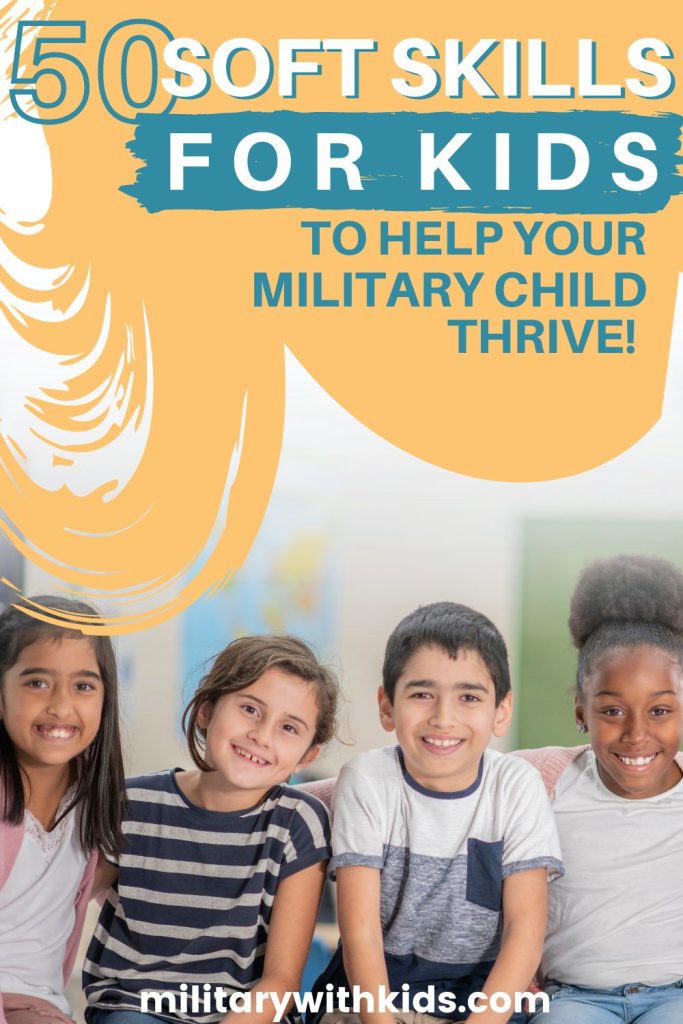


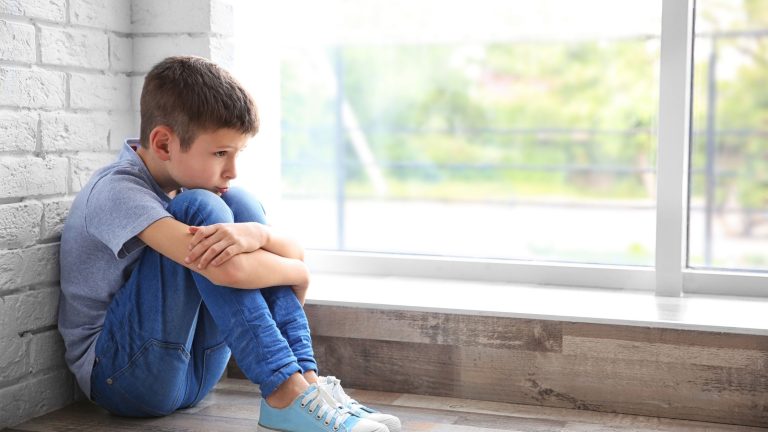
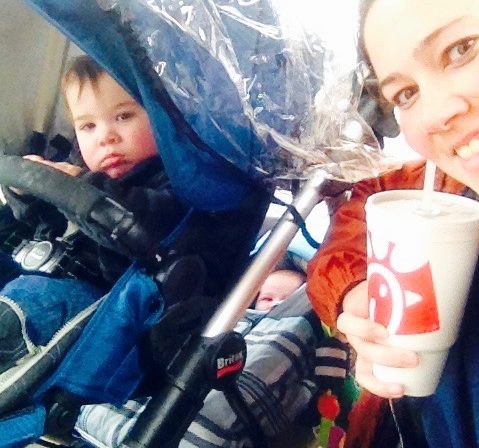
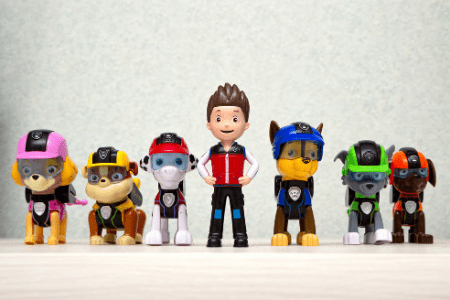

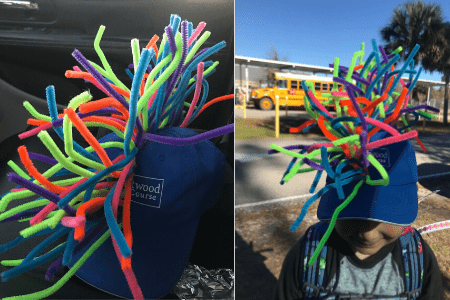
One Comment